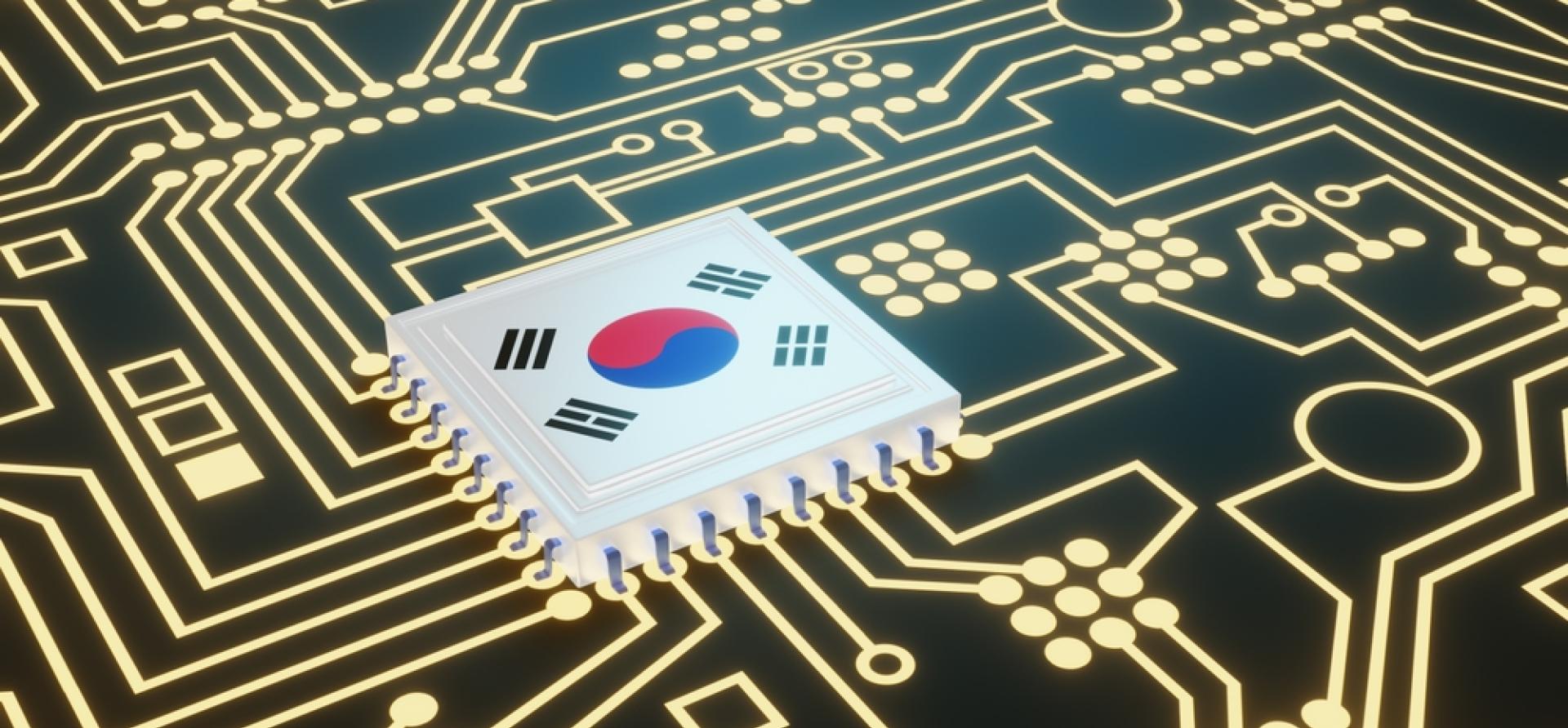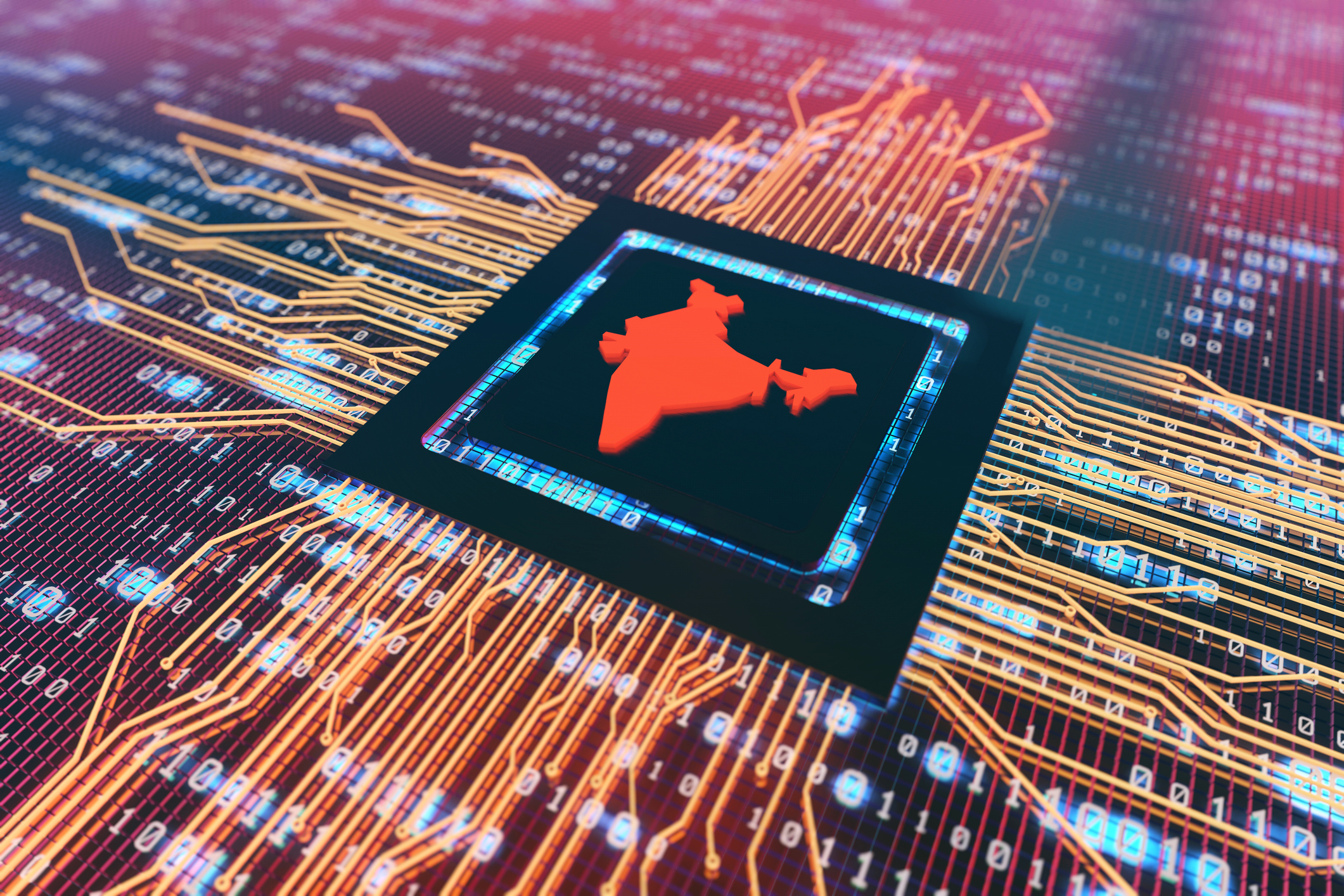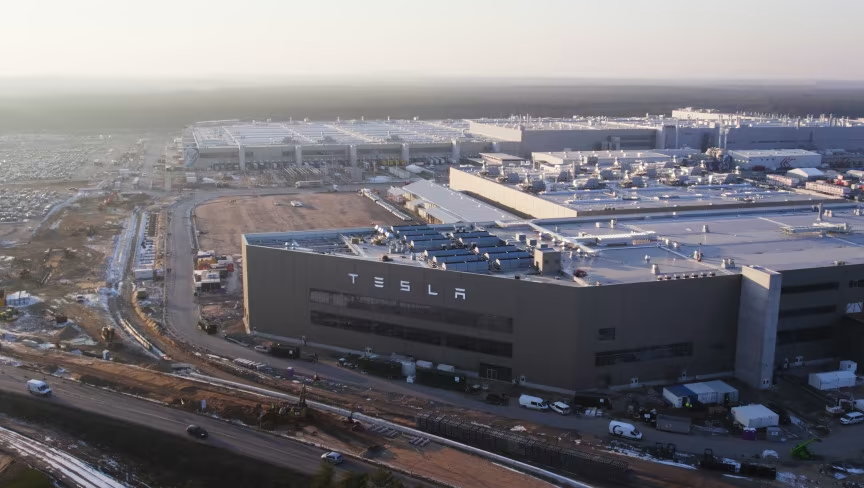China is quietly urging domestic companies to steer clear of Nvidia’s H20 processors, especially for government or security-related projects, throwing a wrench into US efforts to turn those sales into a revenue source for Washington.
Over recent weeks, Chinese authorities have sent private notices to firms questioning their reliance on US chips and promoting domestic alternatives.
The guidance comes just as Nvidia and AMD gained approval from the Trump administration to resume selling certain AI chips to China, under a rare arrangement that requires the companies to share 15% of related revenue with the US government.
While the directive stops short of an outright ban, Beijing has placed the H20 under the same kind of partial restrictions previously imposed on Tesla vehicles, Apple iPhones, and Micron chips, citing security concerns.
Officials have floated fears that Nvidia hardware could carry location-tracking or remote shutdown features, claims the company firmly denies. At the same time, China is accelerating efforts to boost its homegrown semiconductor industry, urging firms to shift away from Western technology in favour of local suppliers, such as Huawei, even though domestic capacity still falls short of market demand.
The campaign highlights a broader geopolitical irony: US officials defended the resumption of H20 exports by arguing that the chip was already widely available in China and technologically inferior to top US models.
Trump has called it ‘obsolete,’ framing the sales as a way to keep Chinese AI systems dependent on American-made, less advanced hardware.
Behind the scenes, officials have linked the deal to a broader trade arrangement involving Chinese rare-earth minerals, though Beijing has publicly denied any such quid pro quo.
For Nvidia, the H20 remains strategically important. Although less potent than its flagship Blackwell series, the chip’s high memory bandwidth makes it well-suited for AI inference, a crucial stage in which models interpret and respond to data.
Chinese tech giants like Alibaba and Tencent have sought the H20 to offset supply shortages from Huawei, which is struggling to produce enough advanced chips to meet domestic demand.
Analysts warn that losing access to the H20 could raise the cost of running AI models in China by up to six times.
Still, Beijing’s stance appears to be a balancing act. RAND researcher Lennart Heim notes that China uses regulatory pressure to channel demand toward Huawei without cutting off access to Nvidia products, ensuring that companies can still meet their needs while domestic capabilities mature.
However, the Chinese government’s selective pressure could deepen uncertainty for US chipmakers counting on China, the world’s largest semiconductor market, to offset lost sales elsewhere.
While Washington’s new export-for-revenue-sharing model is already unprecedented, Beijing’s countermeasures show that even approved sales may face political headwinds.
For Nvidia and AMD, the challenge is no longer just securing US permission, but also convincing China to buy.
Would you like to learn more about AI, tech and digital diplomacy? If so, ask our Diplo chatbot!









